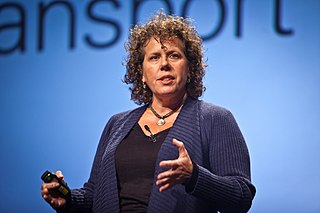A Quote by Blythe Masters
Blockchain technology represents a generational opportunity to mutualize database infrastructure across entities within financial services. What that translates into is an enormous cost-saving, risk-reducing, and capital-enhancing opportunity.
Related Quotes
Obviously, consideration of costs is key, including opportunity costs. Of course capital isn't free. It's easy to figure out your cost of borrowing, but theorists went bonkers on the cost of equity capital. They say that if you're generating a 100% return on capital, then you shouldn't invest in something that generates an 80% return on capital. It's crazy.
We need to reverse three centuries of walling the for-profit and non-profit sectors off from one another. When you think for-profit and non-profit, you most often think of entities with either zero social return or zero return on capital and zero social return. Clearly, there's some opportunity in the spectrum between those extremes. What's missing is the for-profit finance industry coming in to that area. Look at the enormous diversity of the for-profit financial industry as opposed to monolithic nature of the non-profit world; it's quite astonishing.
The lack of opportunity is ever the excuse of a weak, vacillating mind. Opportunities! Every life is full of them. Every newspaper article is an opportunity. Every client is an opportunity. Every sermon is an opportunity. Every business transaction is an opportunity, an opportunity to be polite, an opportunity to be manly, an opportunity to be honest, an opportunity to make friends.
We're guessing at our future opportunity cost. Warrenis guessing that he'll have the opportunity to put capital out at high rates of return, so he's not willing to put it out at less than 10% now. But if we knew interest rates would stay at 1%, we'd change. Our hurdles reflect our estimate of future opportunity costs.
Most governments want their citizens to be part of the financial system, to be productive citizens as a result of having access to be able to manage and move money in a seamless way. But the traditional financial services infrastructure is not designed to handle that because, predominantly, it's an expensive infrastructure.






























